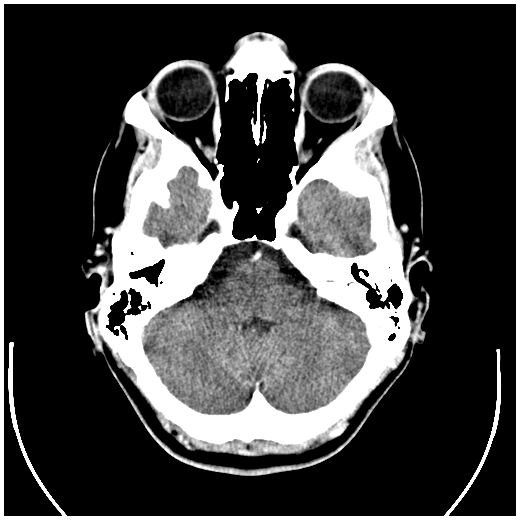CT Scans increase Cancer Risk
A new study published in the April issue of the peer-reviewed journal Radiology, suggests that numerous CT scans over your lifetime may predispose you to cancer.
A computerized tomography, or CT, scan is a type of x-ray that allows doctors to see a cross section of the area of the body x-rayed. This cross section reveals the inner structures of your organs and bones. CT scans are commonly use to detect tumors, infections, blood clots, or other masses in your body as well as guide doctors during various procedures, such as surgeries or biopsies. CT scans are an important tool for doctors and are thought to be no more risky than conventional x-rays, although they can use higher doses of radiation.
However, as the use of CT scans has increased dramatically in hospitals, patients may undergo many CT scans throughout their lifetime. In this study, researchers developed a way to estimate the cumulative radiation dose and associated cancer risk for individual patients by looking at their CT history from medical records.
“We found that while most patients accrue small cumulative cancer risks, 7 percent of the patients in our study had enough recurrent CT imaging to raise their estimated cancer risk by 1 percent or more,” said Aaron Sodickson, MD, Ph.D., the assistant director of Emergency Radiology at Brigham and Women’s Hospital in Boston, according to a press release about the study.
Sodickson and colleagues examined the medical records of close to 31,500 patients who had CT scans in 2007. Of those patients, approximately 33 percent had 5+ CT scans, 5 percent had 22+ scans, and 1 percent had over 38 CT scans. Overall, the 7.3% of the study group had a 1% increased risk for developing cancer, while the 315 patients with most risk had somewhere between a 2.7 and a 12 percent increase risk for developing cancer.
What this means for you…
Basically, what this study implies is that excessive use of CT imaging may increase your chance of developing cancer. However, most people do not undergo nearly as many CT scans as the high-risk group in the study. Numerous CT scans may increase your risk for cancer by exposing you to ionizing radiation, which has been shown to cause changes in your cells that may lead to cancer. These changes may also occur naturally over time, but can be sped up or increased in number by radiation exposure. To learn more about radiation and cancer, please see Cancer.org.
This study should not scare you into not getting an important and beneficial CT scan; rather, it should be used as a guide for physicians to incorporate risk estimates into the decision to order CT scans with little or no benefit to patients who may need to undergo numerous CT scans over the course of their lifetime.
Resources
*image from Wikipedia Commons. Originally from Radiology, Uppsala University Hospital. Brain supplied by Mikael Häggström.
